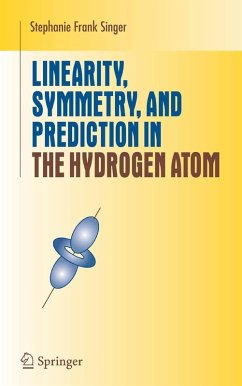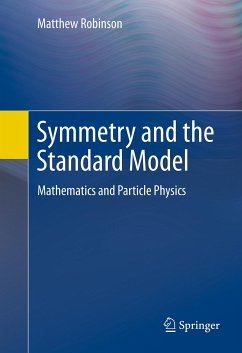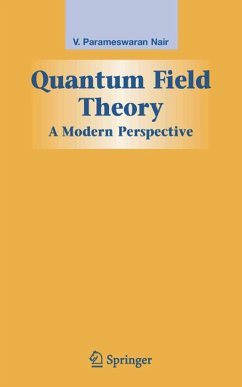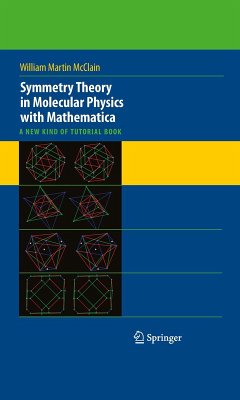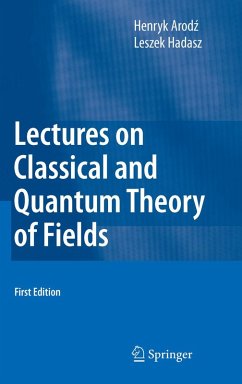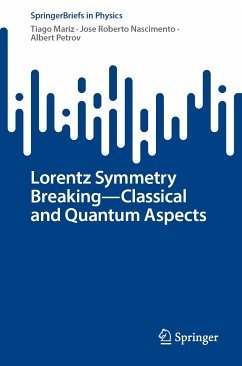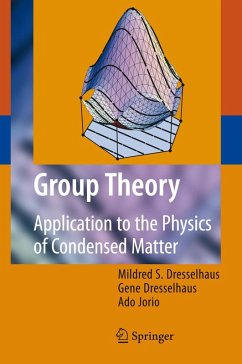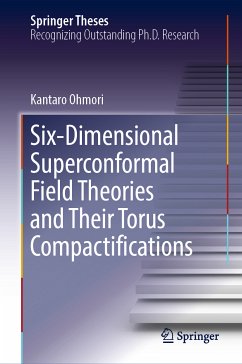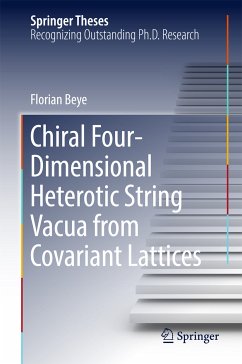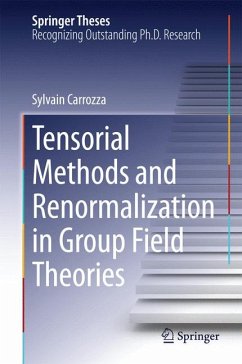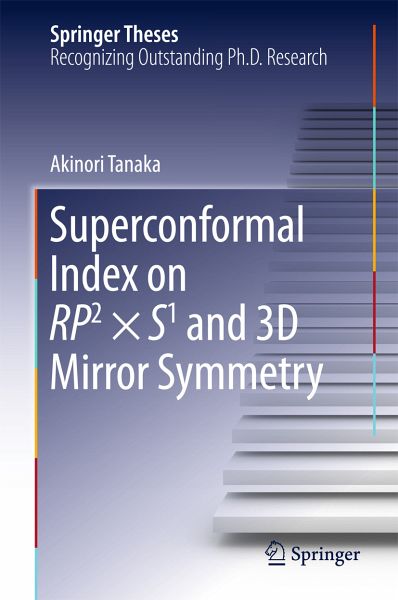
Superconformal Index on RP2 × S1 and 3D Mirror Symmetry (eBook, PDF)
Versandkostenfrei!
Sofort per Download lieferbar
72,95 €
inkl. MwSt.
Weitere Ausgaben:

PAYBACK Punkte
36 °P sammeln!
The author introduces the supersymmetric localization technique, a new approach for computing path integrals in quantum field theory on curved space (time) defined with interacting Lagrangian.The author focuses on a particular quantity called the superconformal index (SCI), which is defined by considering the theories on the product space of two spheres and circles, in order to clarify the validity of so-called three-dimensional mirror symmetry, one of the famous duality proposals. In addition to a review of known results, the author presents a new definition of SCI by considering theories on ...
The author introduces the supersymmetric localization technique, a new approach for computing path integrals in quantum field theory on curved space (time) defined with interacting Lagrangian.
The author focuses on a particular quantity called the superconformal index (SCI), which is defined by considering the theories on the product space of two spheres and circles, in order to clarify the validity of so-called three-dimensional mirror symmetry, one of the famous duality proposals. In addition to a review of known results, the author presents a new definition of SCI by considering theories on the product space of real-projective space and circles. In this book, he explains the concept of SCI from the point of view of quantum mechanics and gives localization computations by reducing field theoretical computations to many-body quantum mechanics. He applies his new results of SCI with real-projective space to test three-dimensional mirror symmetry, one of the dualities of quantum field theory. Real-projective space is known to be an unorientable surface like the Mobius strip, and there are many exotic effects resulting from Z2 holonomy of the surface. Thanks to these exotic structures, his results provide completely new evidence of three-dimensional mirror symmetry.
The equivalence expected from three-dimensional mirror symmetry is transformed into a conjectural non-trivial mathematical identity through the new SCI, and he performs the proof of the identity using a q-binomial formula.
The author focuses on a particular quantity called the superconformal index (SCI), which is defined by considering the theories on the product space of two spheres and circles, in order to clarify the validity of so-called three-dimensional mirror symmetry, one of the famous duality proposals. In addition to a review of known results, the author presents a new definition of SCI by considering theories on the product space of real-projective space and circles. In this book, he explains the concept of SCI from the point of view of quantum mechanics and gives localization computations by reducing field theoretical computations to many-body quantum mechanics. He applies his new results of SCI with real-projective space to test three-dimensional mirror symmetry, one of the dualities of quantum field theory. Real-projective space is known to be an unorientable surface like the Mobius strip, and there are many exotic effects resulting from Z2 holonomy of the surface. Thanks to these exotic structures, his results provide completely new evidence of three-dimensional mirror symmetry.
The equivalence expected from three-dimensional mirror symmetry is transformed into a conjectural non-trivial mathematical identity through the new SCI, and he performs the proof of the identity using a q-binomial formula.
Dieser Download kann aus rechtlichen Gründen nur mit Rechnungsadresse in A, B, BG, CY, CZ, D, DK, EW, E, FIN, F, GR, HR, H, IRL, I, LT, L, LR, M, NL, PL, P, R, S, SLO, SK ausgeliefert werden.



